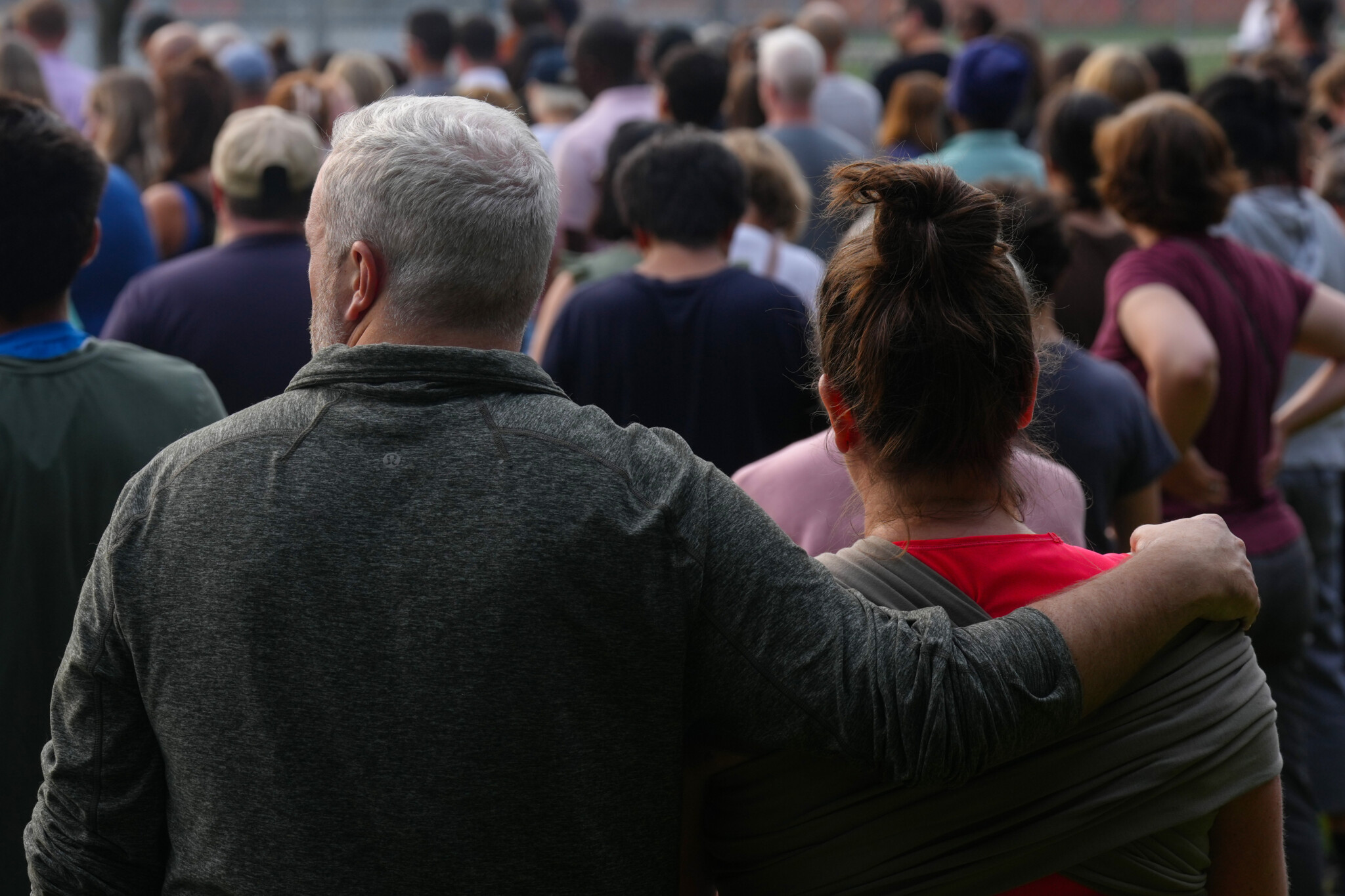This week, a small but important argument for sanity and common sense was won by common people in a little neighbourhood just east of downtown Toronto. If readers followed the news, they may be confused, thinking the argument was bigger than one neighbourhood. Indeed, the Ford government announced that Ontario would close the 10 supervised consumption sites across the province that are within 200 metres of schools and childcare centres.
They also announced significant new investments in treatment and recovery right across the province to stem the worsening trends of addiction and death.
It was a big announcement, delivered at a big conference, and made big news. But the journey to get here was led by a group of people you’ve probably never heard of. Normal Canadians from all walks of life, with different skills, experiences, and definitely political views; diverse in every meaning of that word. The people who led this effort were united by the simplest of bonds: they’re neighbours. My neighbours.
This isn’t really my story to tell. I wasn’t one of the first, nor did I work the hardest or engage the most in the wake of Karolina Huebner-Makurat’s tragic death in July of 2023. She was hit by a stray bullet shot near our local drug den, run out of the South Riverdale Community Health Centre (SRCHC). I wasn’t the face of the neighbourhood in countless meetings with police or politicians, or in the demoralizing gaslighting sessions organized by well-funded activists who were feigning “consultation.”
I wrote a little, publicly and privately, trying to share the craziness of what I saw, and the determination of the wildly impressive neighbours I was meeting and getting to know. I offered my neighbours a little advice and insight into the people and processes at various levels of government, which usually amounted to pouring the cold water of cynicism onto the optimistic suggestions of good, normal people who thought the big people with big titles would listen to evidence, and reason, and to them.
I remember telling a friend in the Ontario government that he didn’t understand these people, my neighbours. They weren’t going to stop, weren’t going to be placated by limp investigations or vague PR around obviously insufficient improvements.
My cynicism from years of working in and around politics eased a little this week. Not because I think better of the system of bureaucrats, pundits, activists and politicians who hold dominion over far too much of our lives. No, my cynicism has lessened because in Leslieville I saw the power of common, average Canadians who told the truth and told it relentlessly.
So much of politics is about big abstract arguments and ideas, and the drug crisis is a perfect microcosm of that reality. A large and influential pro-drug activist class has been built, arguing that as more people die we are actually saving more lives. As more addicts are created with ever more drugs being pushed into the streets, they tell us the “evidence-based policy” demonstrates that all the evidence we see every day is wrong.








